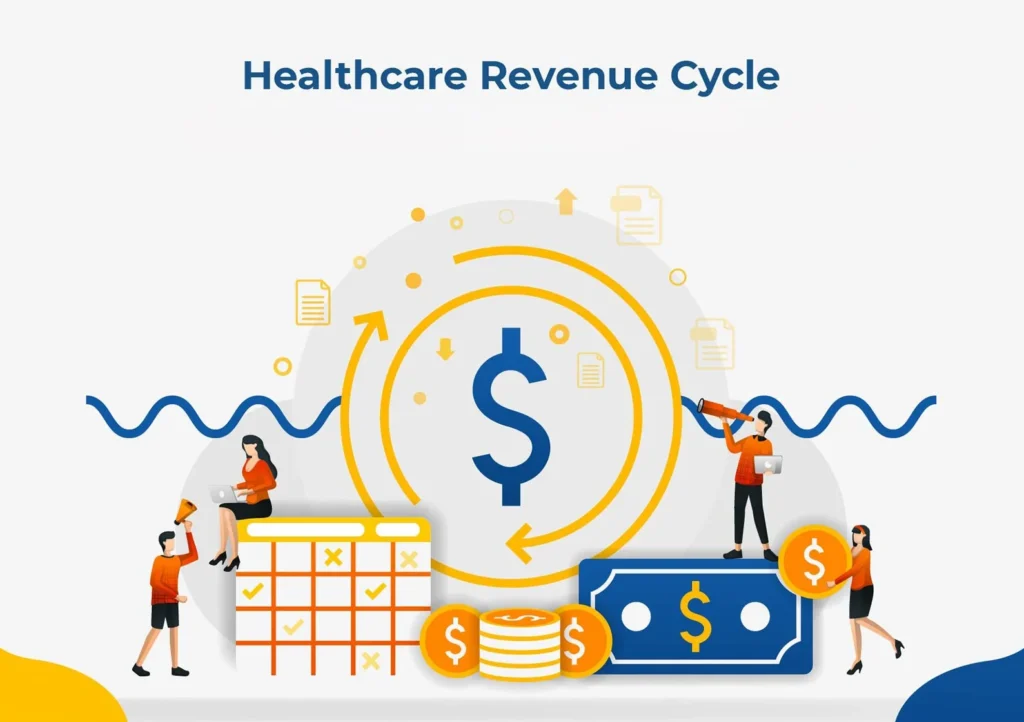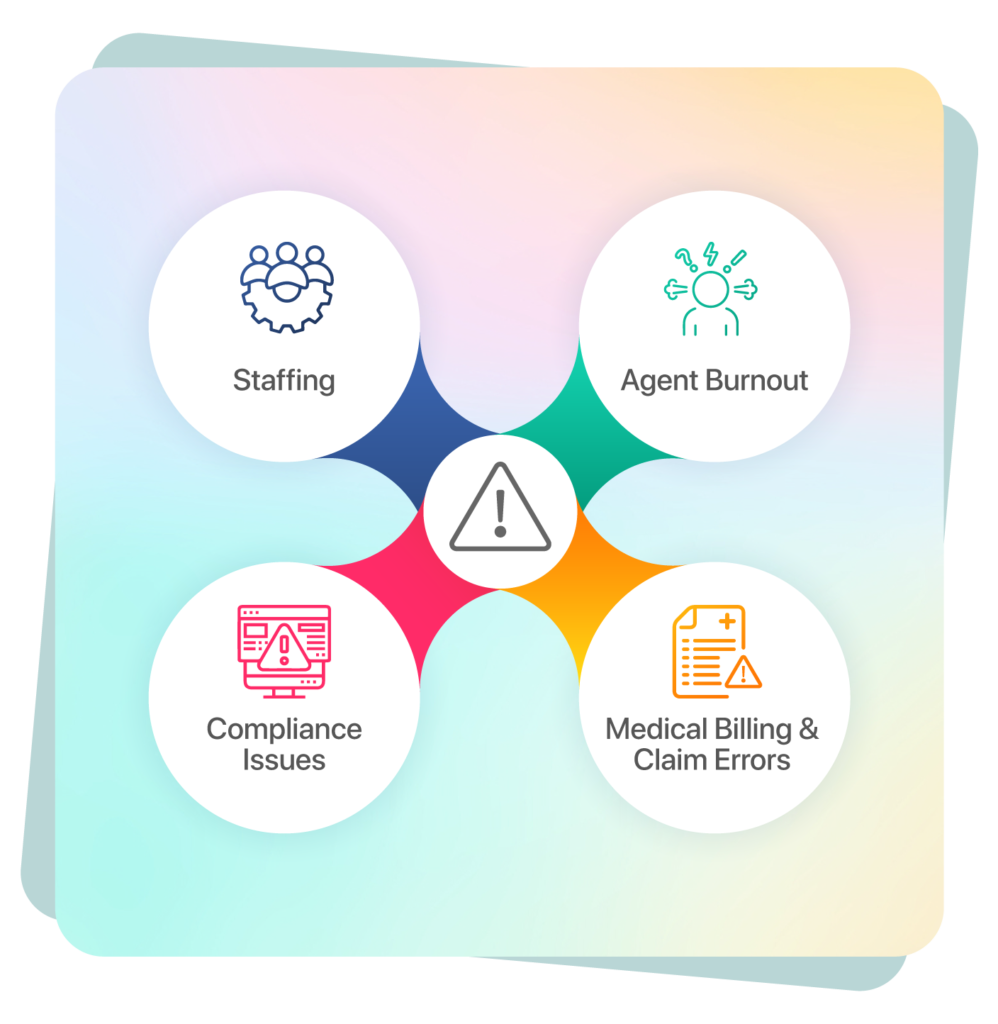Welcome to the dynamic and intricate world of US Healthcare Revenue Cycle Management (RCM)! As a new recruit at an Indian medical billing company, diving into the fundamentals of US healthcare RCM is crucial for your career. This blog post aims to simplify the complex processes of RCM and equip you with the knowledge you need to excel in your role.
What is Revenue Cycle Management (RCM)?

Revenue Cycle Management (RCM) is the financial process utilized by healthcare providers in the United States to track patient care episodes from registration and appointment scheduling to the final payment of a balance. Essentially, RCM bridges the gap between the clinical and business sides of healthcare by managing processes that include patient health information and treatment records, coupled with the billing and payment processes.
Why is RCM Important?
RCM is vital because it directly impacts the financial performance of healthcare providers. Effective RCM ensures that providers are paid fully and promptly for the services they render. For healthcare systems, it means maintaining a healthy cash flow, minimizing billing errors, and improving patient satisfaction with billing practices.

Key Stages of the US Healthcare RCM Process:
- Pre-Registration: This initial phase involves gathering patient demographic and insurance information before their visit. Accurate collection of this data is fundamental to avoid delays or errors in later stages.
- Registration: At this stage, the focus is on confirming the information obtained during pre-registration, checking in the patient, and preparing for the clinical encounter.
- Charge Capture and Coding: After the patient receives medical services, the provided care is documented, and appropriate medical codes are assigned. This coding is crucial for billing and determines how much the healthcare provider will be reimbursed.
- Claim Submission: Coded information is transformed into a claim form, which is then submitted to insurance companies for reimbursement. This step requires meticulous attention to detail to ensure claims are accepted and processed without delays.
- Remittance Processing: Once a claim is processed by the insurance company, they issue a remittance advice detailing what will be paid and what might be denied. Understanding the reasons for denials or underpayments is crucial here.
- Insurance Follow-Up: The billing team follows up with insurance companies regarding any delayed or incorrect payments. This requires excellent negotiation and communication skills.
- Patient Billing: After insurance processes the claim, any balance not covered is billed to the patient. Clear communication and accurate billing are essential to maintain patient satisfaction and avoid complaints.
- Payment Collection: This final stage involves collecting payments from patients, setting up payment plans if necessary, and taking care of collections for delinquent accounts.
Challenges in RCM:

- Regulatory Compliance: Navigating through numerous regulations like HIPAA (Health Insurance Portability and Accountability Act) can be challenging.
- Billing Errors: Simple coding mistakes can lead to claim rejections, requiring additional time and resources to address.
- Changes in Policies: Frequent changes in healthcare policies and insurance guidelines necessitate constant training and updates.
Tips for Success:
- Stay Informed: Keep up-to-date with the latest in healthcare regulations and insurance policies.
- Detail-Oriented Approach: Pay close attention to details in every part of the RCM process.
- Continuous Learning: Engage in ongoing training and development to enhance your understanding and skills in medical billing and coding.

Conclusion:
Understanding and effectively managing the RCM process is crucial for the financial success of healthcare providers in the US. As a new recruit in an Indian medical billing company, your role is pivotal in ensuring that these providers can focus on delivering quality care while you handle the complexities of billing and reimbursements. Embrace this challenging yet rewarding field, and you will play an essential part in the healthcare delivery system.




